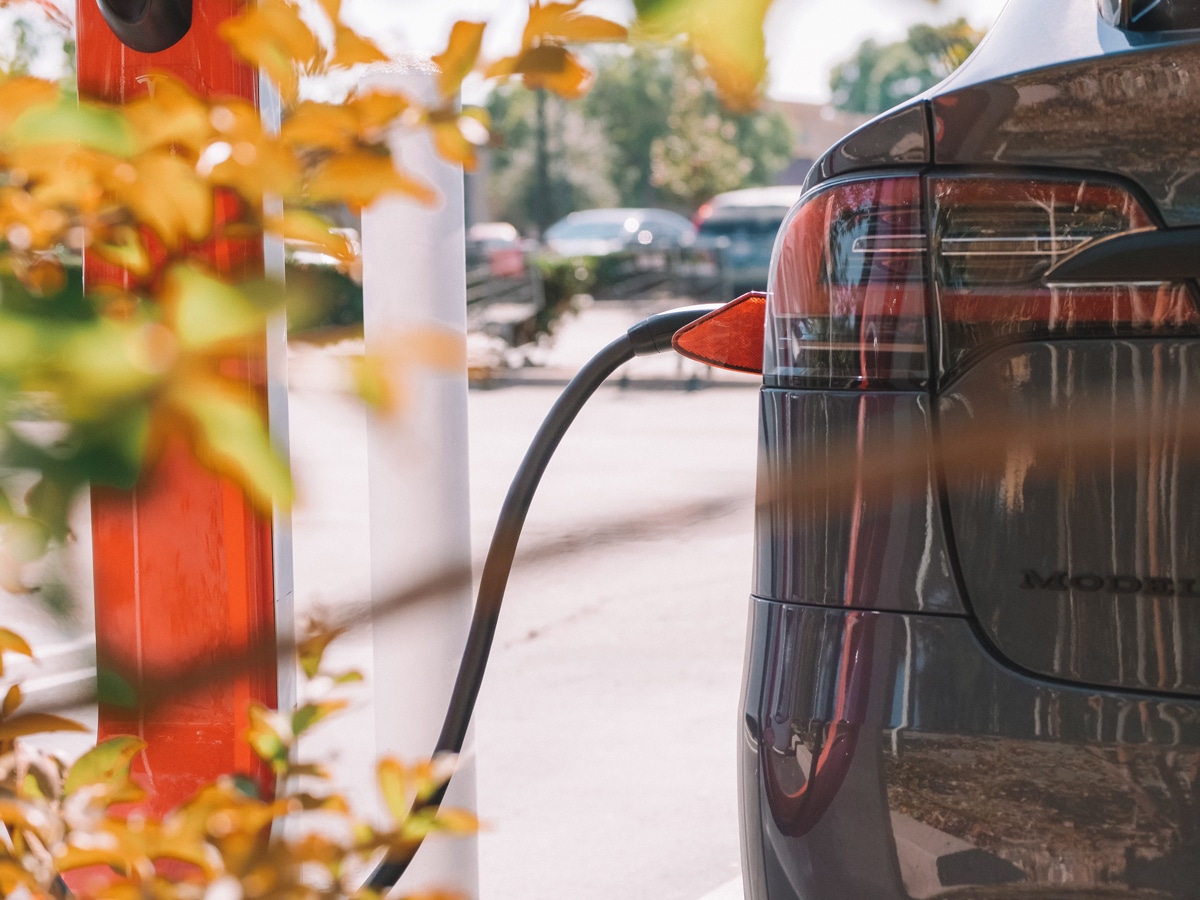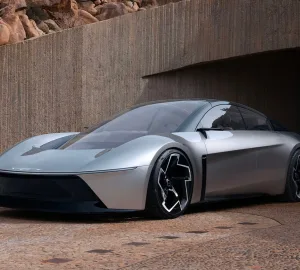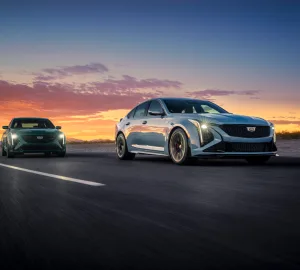EV sales are hitting new highs right now, and the entire automotive industry is pivoting towards battery-powered products both to keep up with tighter emissions regulations, and to appeal to modern consumers.
With this success comes increased scrutiny, and there are a growing number of scandals and scare stories surrounding the safety of electric cars. So what’s the reality of the situation, underneath all the hyperbole?
Human error is still the main concern
While you might have read opinion pieces claiming that EVs are intrinsically more dangerous than combustion engine cars, that simply isn’t the case.
Traffic fatalities remain high, and the unavoidable fact is that the majority of the vehicles on the roads today are gas-powered. So the consistent factor here is not what sits under the hood, but who sits in the driver’s seat.
That’s not to say EV brands are making it easy for themselves; issues with false claims about self-driving tech have been particularly pernicious in turning public opinion against them. But even so, it’s down to regulators to deal with this issue, and ultimately it’s drivers who need to choose how to use safety features of modern cars.
What to do if you’re in an auto accident
Whether you are involved in a collision with an EV or a traditionally fuelled car, it’s vital that you take the proper steps after the incident.
For instance, hiring an experienced lawyer after a car or truck accident will put you in the best position to claim compensation, and face down whatever other legal ramifications might result from the accident.
You also need to gather evidence at the site of the crash straight away. Your smartphone’s camera is ideal for this, and this is perhaps one of the reasons that there’s so much conspicuous footage of EVs after collisions; people are more likely to pull out their handset and start snapping a Tesla if it is caught up in a crash, rather than if it’s a run of the mill car brand.
Battery safety is a different matter
At this point it’s worth talking a little about the concerns that have arisen over the combustibility of the very large batteries that are needed to power EVs.
Of course every car has a battery that helps it achieve ignition, powers internal electronics, and needs to be replaced from time to time. But there have been a number of occasions in which electric vehicles have caught fire, seemingly spontaneously, causing property damage and injury, which appear to go beyond what we’d expect from old-school vehicles.
Once again it has to be said that while in certain instances there are manufacturing faults or design flaws to blame, there’s also the potential for human error to come into play here. If EVs are misused by owners, then dangers are more likely to be realized.
Also there is a long history of cars and trucks needing to be recalled over the decades, with many of these recalls only coming about after a significant number of deaths related to the issue in question.
So thinking that EVs are a hazard and avoiding them in favor of older car designs doesn’t really make sense when you look at the bigger picture.
Key takeaways
If you’re worried about the growing number of EVs on the roads, you really shouldn’t be. As long as humans are in some way involved in controlling cars, there will be chances of errors occurring and accidents taking place.
That said, staying vigilant and taking action if you’re in a crash must be your priorities, no matter what type of vehicle you drive.






